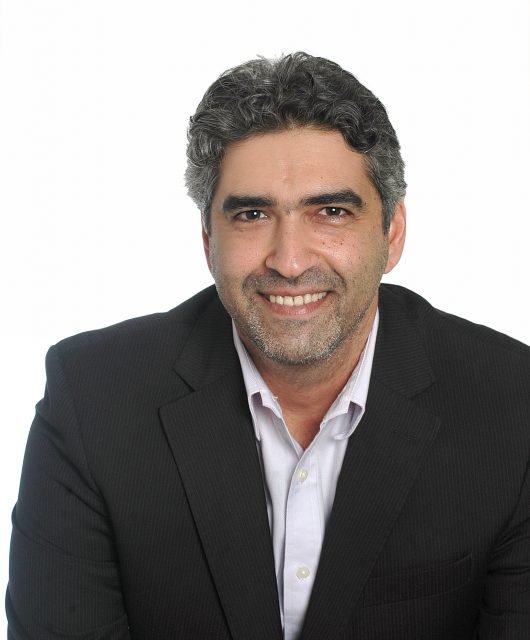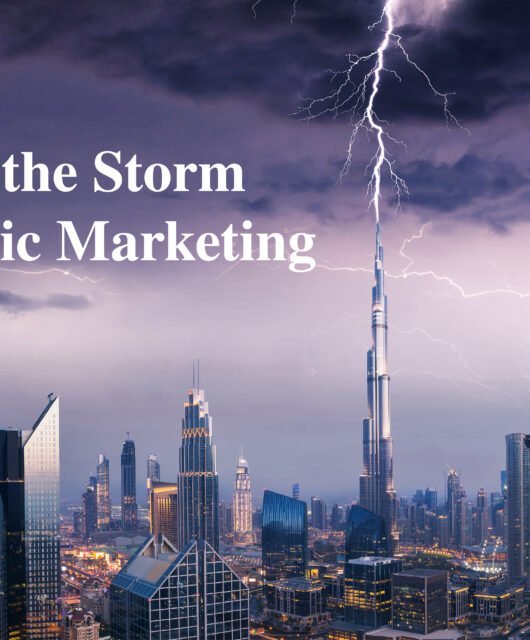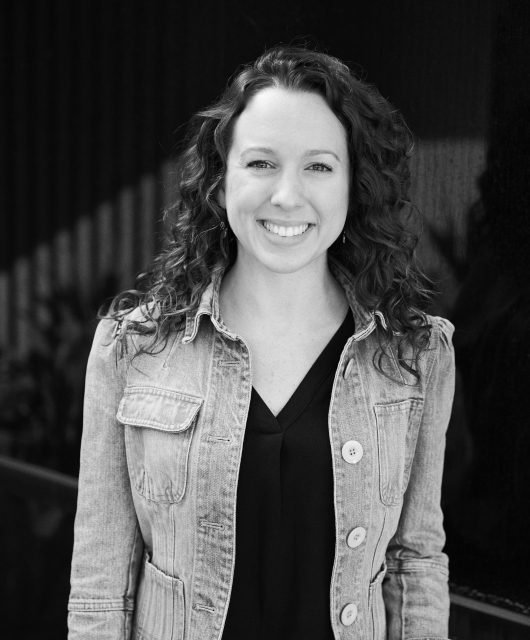Defining Trends Of The Global Creative Industry In 2020
First and foremost, I would like to thank The Brandberries for the opportunity of stopping for a moment and observe where we stand today as an industry.
I am definitely not an expert on trends, but an observer who feels that despite everything, there is no better time to work in advertising than now. Here are my observations.
Glass Keeps Being Broken
The Ad industry is becoming more equitable. As a healthy trend that ultimately spreads through advertising, more and more creative Women will occupy decision-making roles in an industry that traditionally has turned its back on them, limiting their growth.
W + K, FCB or Leo Burnett are just some of the networks that already have female CCOs; It is very likely that the list will increase in the coming years.
The fact that gender parity is represented in the President line-up for the first time in Cannes Lions’ history only confirms this trend.
Additionally, more and more brands will seek to portray gender issues from a much more realistic, human and fair perspective. On the other hand, companies whose communication approach is misogynistic or minimizes the role of Women will be highlighted, as happened last year with the Peloton campaign.
Show Me Your Purpose
Brands are not brands anymore, they became true influencers. Originally, consumers only demanded that companies respond to their needs. Today, we live in an era of purposeful marketing today and having a product campaign with a competitive advantage is not enough.
People need to know how companies are positioned, what is their point of view on social issues and causes. Building on that, a 2019 Accenture study revealed that 62% of consumers choose companies that take positions on social, cultural, environmental and political issues.
The key will be not only which causes will be supported by companies, but how and when will they be supported. This way, the link between the brand and the cause will be immediate and the connection with the consumer more narrow and long-lasting.
Creatives, Where Are You Now?
Increasingly, the Industry will continue to struggle to attract and retain creative talent.
Today, creativity is a synonymous with speed. Not surprisingly, the anonymous creators of memes explain and resignify cultural topics in a much faster way than any advertising professional or campaign can. Besides, the social network that grows the most – Tik tok – is possibly the one that demands greater creativity from its users. The challenge of building concepts and ideas that survive immediacy will be even greater for advertising. It’s about transforming an industry that has traditionally been dedicated to selling, into one that inspires and shares.
Experiences Over Ads
Traditional media consumption has changed radically. Every day, more consumers are looking to avoid advertising as we know it. The exponential growth and atomization of subscription streaming services confirm this.
People have become immune to traditional stimuli. This is how brand experiences become increasingly important.
Brands will increasingly develop more sophisticated experiences to get the consumer involved in a more comprehensive way. New technologies such as artificial intelligence and augmented reality are making the experience truly complete.
A study by Harris confirms it: 72% of millennials prefer to spend their money on experiences rather than on consumer goods, so the trend could be more experiences for an increasingly less loyal audience.
Consumer First
The 2020 consumer has anticipated brands and knows where they make mistakes.
It is a 100% digital, intelligent and demanding consumer, who is much more critical.
They can distinguish fake news and paid content from organic content much more clearly and interact with products in a different way.
Thus, social listening will have much greater weight as a tool, 90% of consumers communicate and interact directly with the brands.
At the same time, real posts will have a greater role in the value equation. Posts created by micro-influencers have a lower reach but pretty much more credibility, when it comes to generate engagement and truthfulness.





